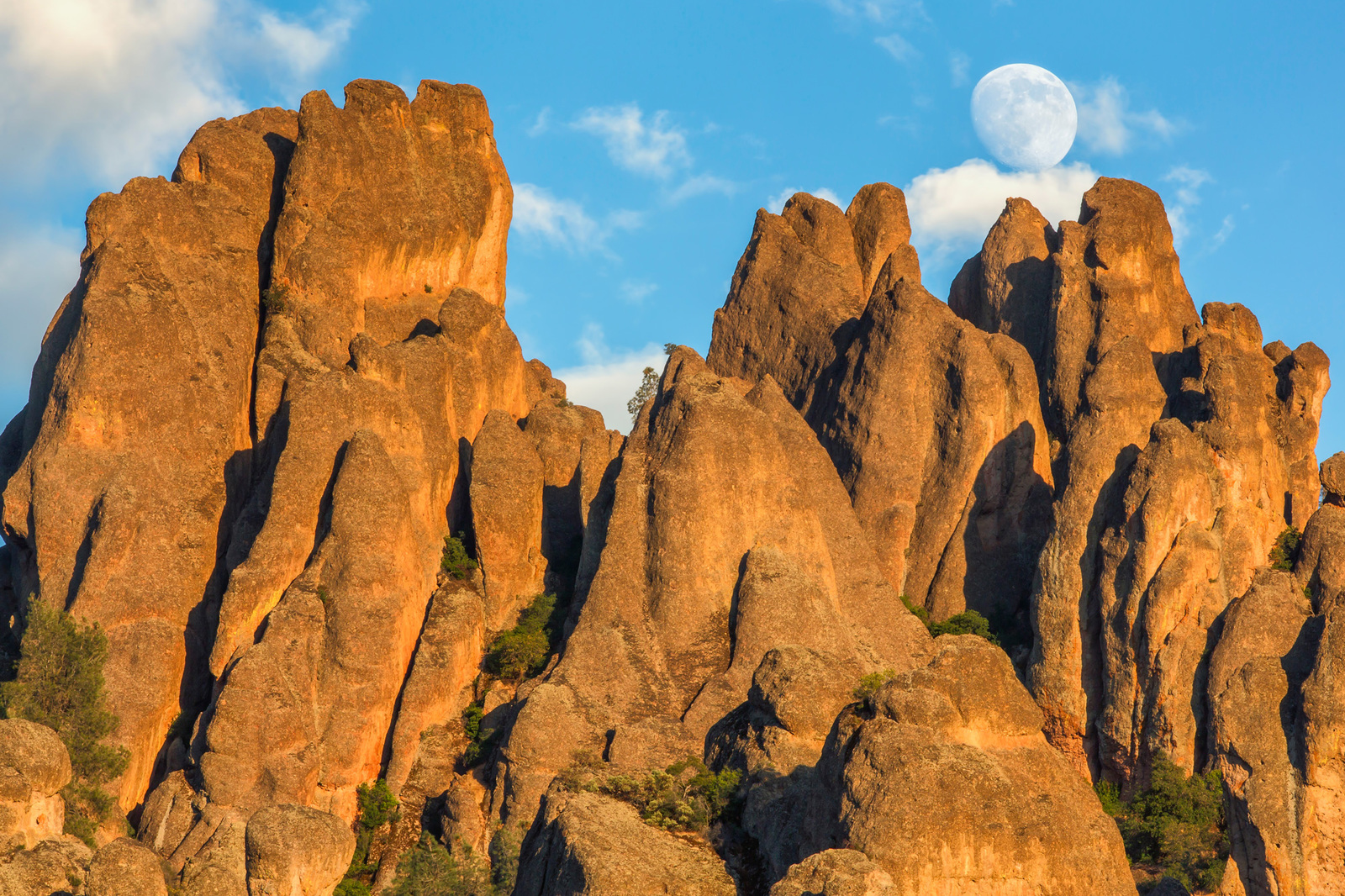“It takes a while to get your eyes,” George Hilley says, pointing out on a map the five fault lines continuously sculpting the Bay Area. “Learning to see,” he explains, means balancing the core principles of geology with “the varied and beautiful ways that they are expressed in the world.”
Hilley, an associate professor of geological sciences, teaches Our National Parks, a course that helps Stanford undergraduates build relationships with the land. For their projects, the dozen or so students create online guided tours of a national park, contributing to a public archive of storytelling that parkgoers can access on their phones. Each tour is shaped around an interest: flora; fauna; minerals; conservation; the career of famed rock climber Lynn Hill; even the mystery of a teenage girl who disappeared during a volunteer field service trip and was found, after two days of near-freezing weather and storms, hiking through bear country with dyed, restyled hair and a different outfit.
The Bay Area is the classroom where the students, over the course of six field trips, explore how climate, earthquakes, topography and the Bay itself are linked. “It’s a holistic earth science course,” Hilley says, “bridging our everyday human experiences in the Stanford bubble with what has been happening here for millions of years.”
But while making the land personal, students also learn to see its constant change—landslides, erosion and earthquakes—and its impact on human enterprise. “People look at landscapes as static backdrops to their lives,” Hilley says. “But they can also look at them and see how dramatic they are.”
Deni Ellis Béchard was a senior writer at Stanford. Email him at stanford.magazine@stanford.edu.



